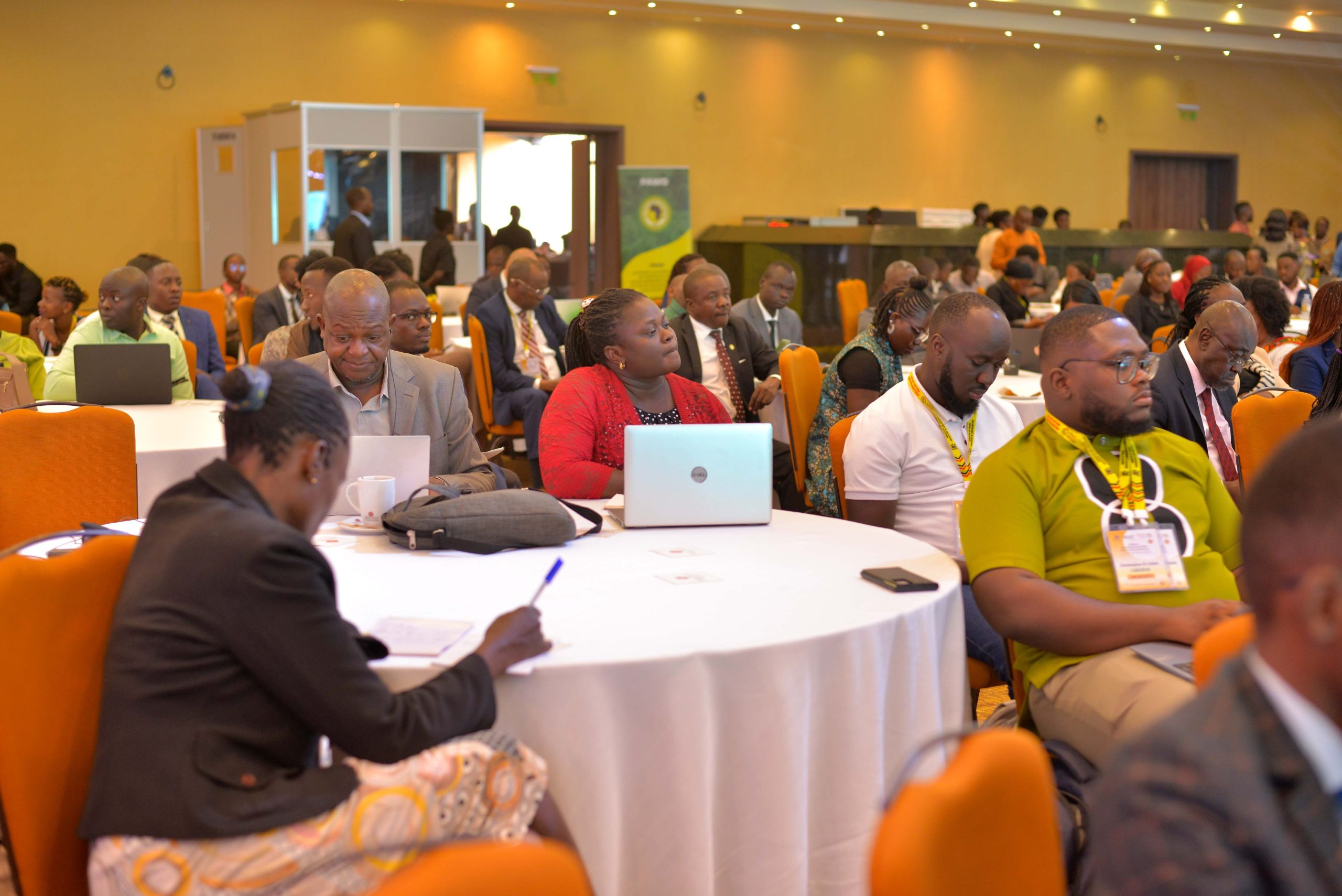KAMPALA, November 18, 2025 — As a gathering of industrialists, entrepreneurs, policy makers from across the continent, the Africa Industrialisation Week 2025 [AIW2025] in Kampala, provides an opportunity for building consensus on Africa’s industrialisation agenda. Broadly, the impression from the discourse on day one, is that the State has to provide leadership in terms of policy stability and public investment in infrastructure, energy and human capital- health and skilling to reap from the continental youth bulge.
This recognition is a departure from the development paradigm of the Washington Consensus, that has taken root on the continent since the Cold War, or in Uganda’s case over the last forty years. In this traditional paradigm the State was not considered an agent of industrial development and there was resistance to efforts to strengthen the capacity of States on the continent to to drive industrial development.
China’s rising to an economic powerhouse over the same time period has challenged the prevailing consensus and offers developing nations the blue print for industrial development. The State provides policy leadership that enables the private sector to add value to raw materials and produce increasingly complex high technology goods for export.
The talk of export led growth is echoed across the conference rooms at Speke Resort but so too are the low intracontinental trade volumes occasioned by non tariff barriers. These bottle necks need to be resolved for the Continent to leap forward. African exports are not sufficiently diversified which contributes to the low intracontinental trade volumes. This calls for the structural transformation of African economies to ensure the contribution of the manufacturing sector to GDP increases. There are opportunities as China, Vietnam, Taiwan and other Asian Tigers are transition to the manufacturing of high tech goods, there is a vacuum for low tech manufacturing which African economies should position themselves to fill.
To seize these opportunities Africa’s largely informal economies need to formalise, meet the quality standards of clients across the border and compete on the global market. An emerging theme albeit one that is yet to be fully explored is how cooperative societies-member owned, democratic social businesses can be agents of this formal transition. Members who own informal businesses can access business advisory services on audits, taxes, business registration through their cooperative.
Further, by growing their shareholding in the cooperative society, members can finance business expansion and value addition for that matter. For example the cooperative can invest in machinery that can process member farmers’ aggregate produce, for export.
Looking ahead to day two, for this theme to be developed into a consensus.
https://x.com/CooperatorNews/status/1990373255740563853?s=20
https://thecooperator.news/aiw-2025-opens-with-call-for-affordable-investment-capital/
Buy your copy of thecooperator magazine from one of our country-wide vending points or an e-copy on emag.thecooperator.news
